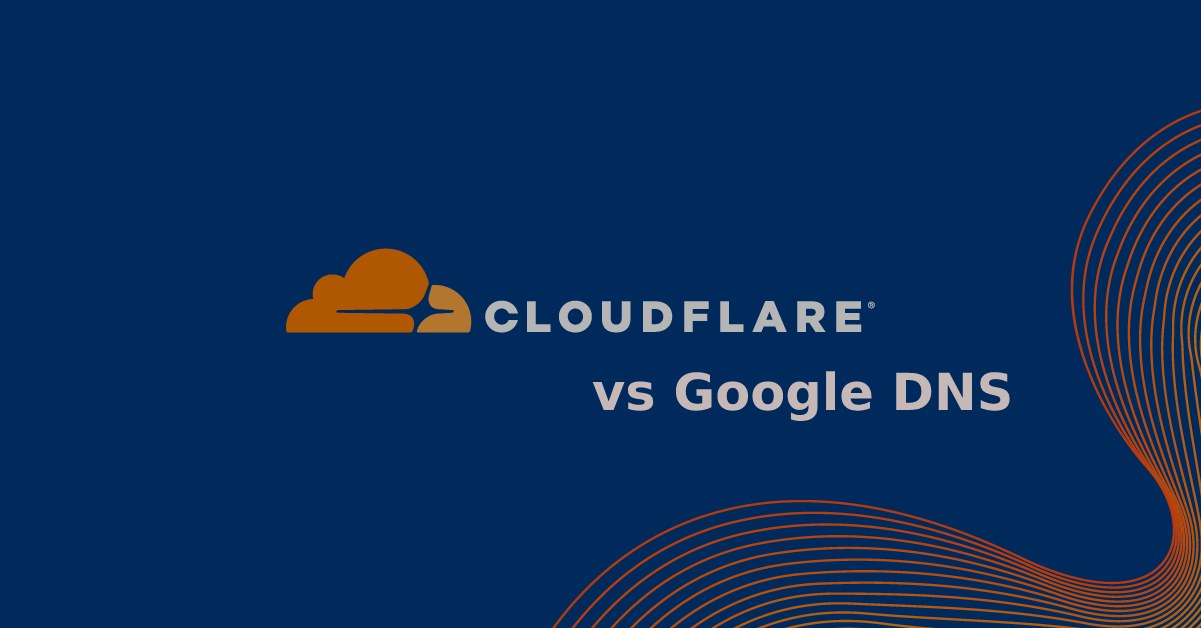Are you looking to improve data security in 2022? You’re not alone. Every business is looking for ways to protect its data from theft and loss. This article will explore six ways to improve your data security in the coming year.
1. Use A Secure Web Hosting Provider
If you’re looking to improve your data security, one of the first things you should do is switch to a secure web hosting provider. A secure web host will offer features like data encryption and firewalls to help protect your site from attack. They will also keep your site backed up in case of disaster. Additionally, secure web hosting providers typically have 24/7 customer support to help you if something goes wrong.
2. Implement Two-Factor Authentication
One way to make it harder for hackers to gain access to your data is to implement two-factor authentication (2FA). With 2FA, a user must enter both a username and password and the second form of identification, such as a fingerprint or code sent to their phone. This makes it much harder for hackers to gain access, even if they have your username and password. Additionally, 2FA can help protect your account if your password is stolen in a data breach. This is because the hacker would also need to have your second form of identification to log in.
3. Use A Password Manager
Another way to improve your data security is to use a password manager. A password manager is a program that stores all of your passwords in one place, encrypting them so that only you can access them. This way, even if a hacker does gain access to one of your accounts, they won’t be able to get into any others. Also, by using a password manager, you can create stronger passwords that are more difficult to guess. A strong password is at least 12 characters long and includes a mix of uppercase and lowercase letters, numbers, and symbols.
4. Keep Your Software Up-To-Date
One of the simplest ways to improve your data security is to keep your software up-to-date. Hackers often exploit security vulnerabilities in outdated software to gain access to systems. By keeping your software up-to-date, you can close these vulnerabilities and make it much harder for hackers to get in. another reason to keep your software up-to-date is that new versions often include security enhancements that can better protect your data. The same applies to your operating system, web browser, and any plugins or add-ons you use. Hence, set your software to update automatically, so you don’t have to remember to do it yourself.
5. Educate Your Employees
Educating your employees is one of the most important ways to improve your data security. Your employees are the first line of defense against hackers and need to know how to spot potential threats. They also need to know what to do if they think their account has been compromised. Employees should know not to open suspicious emails or attachments, and they should never click on links from unknown sources. They should also know to immediately report any suspicious activity to their IT department. This way, you can nip any security breaches before they cause severe damage.
6. Use A HIPAA Compliant Hosting
You must ensure HIPAA compliant hosting if you’re handling sensitive patient data. HIPAA is the Health Insurance Portability and Accountability Act, which sets strict standards for protecting patient data. If you’re not using this compliant hosting provider, you could be opening yourself up to hefty fines. A compliant hosting provider will offer features like data encryption and firewalls to help protect your site from attack. They will also have a business associate agreement in place, so you can be confident that their employees are trained in handling sensitive data. Additionally, they will have a robust disaster recovery plan to ensure that your data is always available, even during an outage.
Closing Thoughts
By following these six tips, you can help to improve your data security and protect your business from hackers. While no system is 100% secure, these steps will make it much harder for hackers to access your data. And if you experience a security breach, these measures can help minimize the damage.








